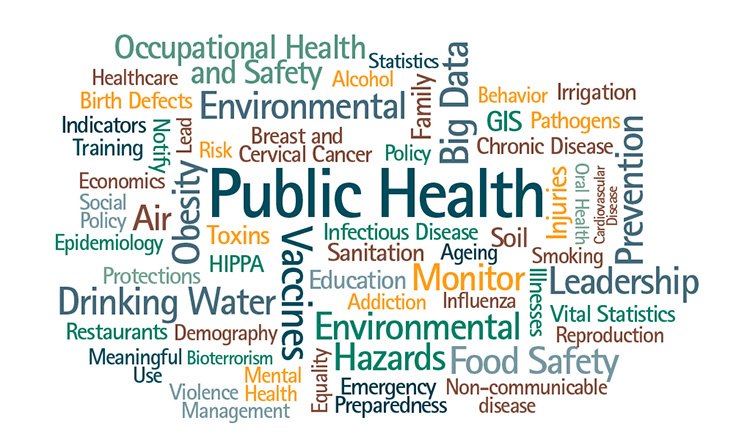Students of this course must:
Demonstrate a comprehensive knowledge and skills of the science and art of Public Health, Social and Preventive Medicine,
Apply this knowledge to a broad range of population health issues in the socioeconomic, political, and environmental contexts in which they occur.
Demonstrate the knowledge, skills, and attitudes related to assessing the determinants of health, including but not limited to income, environment, gender, education, social support systems, health behaviors, and access to health care, of the populations with which they work.
- Teacher: abeer ameen
- Teacher: Prof. Amira Gamal_Teacher med
- Teacher: professor.Amany Refaat
The overall goal of this course is to build and promote the competencies of the candidate to take on independently and on a recent advanced scientific evidence the practices of epidemiology to recognize, analyze and assess health problems pertinent to population, and to apply the basics and approaches of scientific research and critical evaluation, and to promote the preventive and control strategies.
The course is worth a total of 8 credit hours to be accomplished over 15 weeks duration.
It consists of 3 main modules, each of which address one of the different epidemiology perspectives.
- Teacher: sally fawzy
- Teacher: Prof. Amira Gamal_Teacher med
one of the two required courses to pass the first part MD public health. The general aim of this course is to build and promote the public health competencies of the candidate to take on independently and on a recent advanced scientific evidence the public health practices.core functions. The course consists of 6 main topics that are integrated in various public health practice fields.the course requires a total of 10 credit hours to accomplish.

- Teacher: sally fawzy
- Teacher: Prof. Amira Gamal_Teacher med
- Teacher: Prof. Fatma Hassan
- Teacher: sarah hussein
- Teacher: Prof. Amira Gamal_Teacher med
